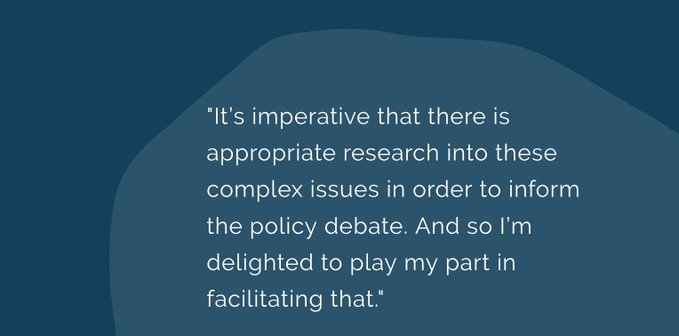
We consider here the various amendments which have been put down to the Hate Crime and Public Order Bill on freedom of expression relating to transgender identity.
murrayblackburnmackenzie.org/2021/01/27/pro…
murrayblackburnmackenzie.org/2021/01/27/pro…
The Justice Committee will start to consider potential amendments to Bill on Tuesday 2 February. The Cabinet Secretary for Justice, Humza Yousaf has put down an amendment (amendment 82) which says: 

The SG originally argued that no additional protections were needed here, so the recognition of the principle that there needs to be some additional provision in the Bill is welcome. However, this is a less expansive format than existing equivalent provisions.
A further amendment (82B) put forward by Liam Kerr MSP adds material to the government amendment. It puts on the face of the Bill in more detail the types of statement the Parliament does not intend to criminalise. 

These sort of freedom of expression provisions are not only useful because they can be considered by the courts. They have a wider function of providing a point of reference for prosecutors, police and wider society, about what effects MSPs did not intend, in legislating here.
The immediate reaction online to the SG amendment, and even more so to Liam Kerr’s more detailed one, has itself demonstrated how little agreement there is about what this law should and should not permit.
In his evidence to the committee the Cabinet Secretary has emphasised the need to listen to victims. One obligation on the committee is not to create victims unintentionally through the use of the criminal law.
To the best of our knowledge, the government amendment has not been developed in discussion with anyone who gave evidence to the committee who has been at the sharp end of unfounded accusations of hatred in this area.
We hope therefore that when the committee considers these amendments, it will listen particularly to those who of us who are speaking from personal experience about the low threshold here for accusations of hate, and who are looking for the clearest possible protections.
• • •
Missing some Tweet in this thread? You can try to
force a refresh












